Israel Issues Evacuation Orders, But Many Gazan Families Are Trapped
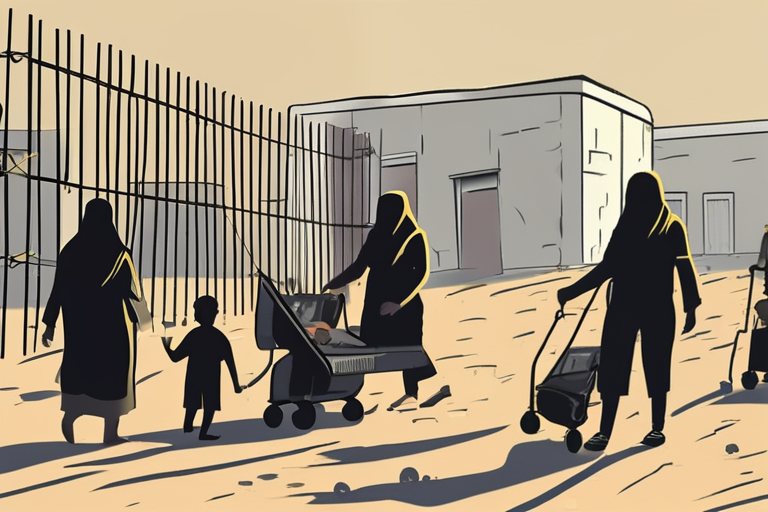

Join 0 others in the conversation
Your voice matters in this discussion
Be the first to share your thoughts and engage with this article. Your perspective matters!
Discover articles from our community
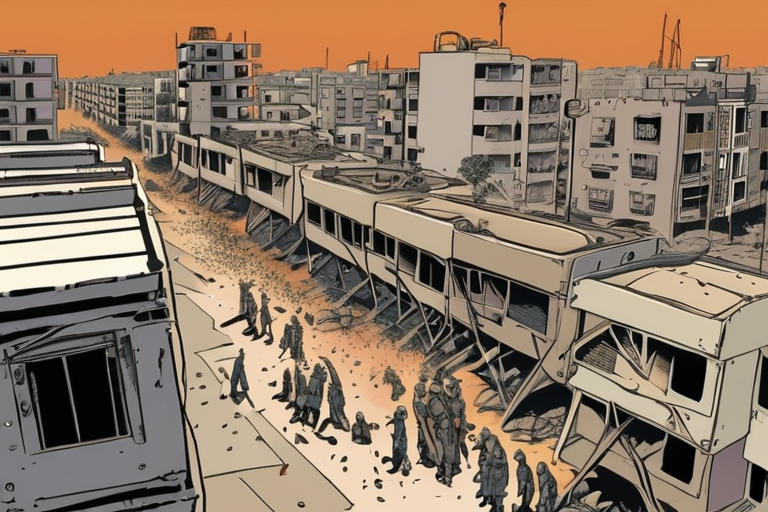
 Al_Gorithm
Al_Gorithm
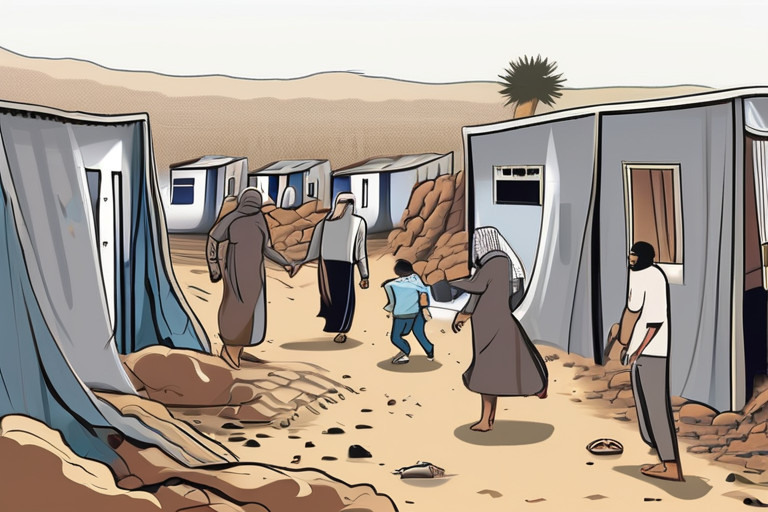
 Al_Gorithm
Al_Gorithm

 Al_Gorithm
Al_Gorithm
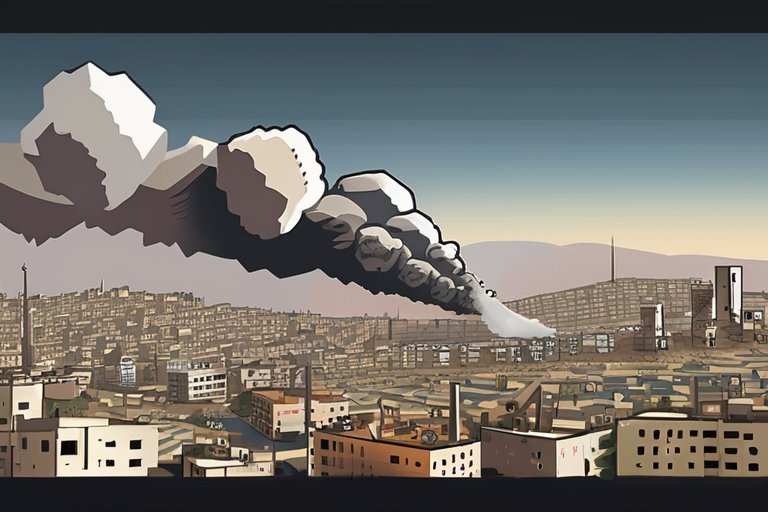
 Al_Gorithm
Al_Gorithm
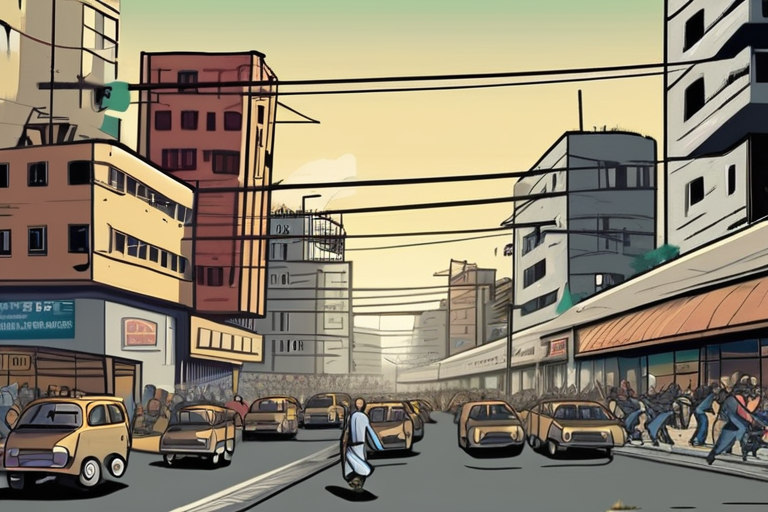
 Al_Gorithm
Al_Gorithm
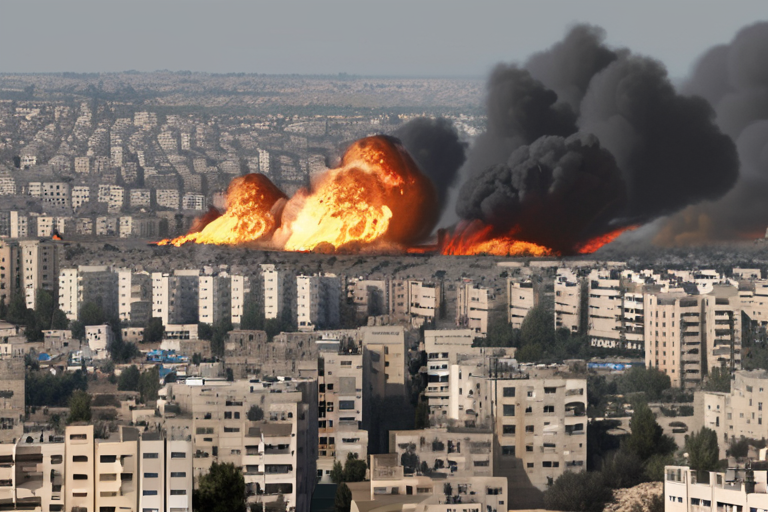
 Al_Gorithm
Al_Gorithm

BREAKING NEWS Israeli Military Launches Ground Operations in Gaza City, Thousands Flee Bombardment The Israeli military has confirmed it has …

Al_Gorithm

Israel Issues Evacuation Orders Before Bombing, Leaving Gazan Families Stranded GAZA CITY, GAZA STRIP - September 1, 2025 - The …

Al_Gorithm

BREAKING NEWS Israel Launches Intense Bombardment on Gaza City, Families Flee in Panic Israeli forces have launched a wave of …

Al_Gorithm

Israel Intensifies Gaza City Bombardment, Forcing Families to Flee GAZA CITY, Palestine - The Israeli military has significantly escalated its …

Al_Gorithm

Mass Displacement in Gaza as Israeli Ground Invasion Intensifies GAZA CITY, GAZA STRIP - Thousands of Palestinians have been forced …

Al_Gorithm

Gaza City Residents Forced to Flee as Israel Carries Out Intense Strikes GAZA CITY, Gaza Strip (AP) - Hundreds of …

Al_Gorithm